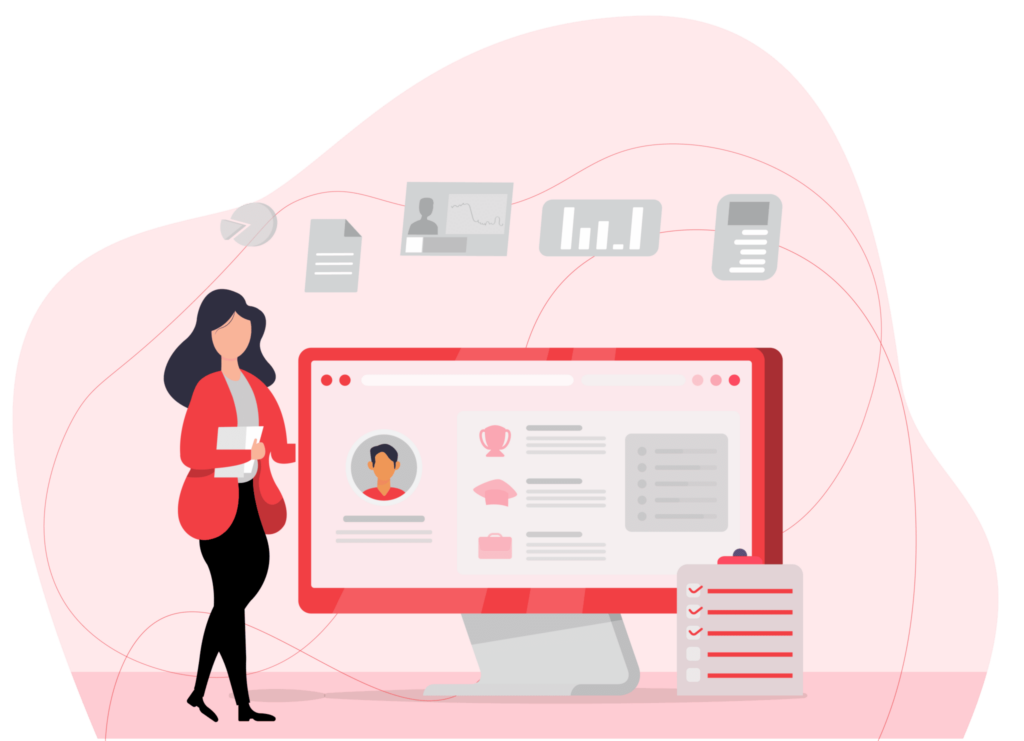Frequently asked questions (FAQs) for Fluid Intelligence
A Fluid Intelligence assessment is a cognitive evaluation that measures an individual’s ability to think abstractly, solve complex problems, and adapt to new situations. It assesses key sub-skills such as pattern recognition, abstract reasoning, mental flexibility, inductive reasoning, working memory, and mental speed. By administering this assessment, employers gain insights into a candidate’s cognitive abilities related to problem-solving, critical thinking, and adaptability, which are essential for success in roles that require analytical thinking and the ability to navigate dynamic work environments.
The Fluid Intelligence assessment can be used in the hiring process to evaluate candidates’ cognitive abilities and determine their suitability for roles that demand complex problem-solving, creativity, and adaptability. By incorporating this assessment, employers can identify individuals who possess the necessary skills to learn quickly, think critically, and tackle novel challenges effectively. The assessment can be administered during the screening or interview stage to gather valuable insights into a candidate’s fluid intelligence and make informed hiring decisions.
- Research Scientists
- Data Scientists
- Engineers (especially in fields like aerospace, civil, and systems engineering)
- Software Developers
- Financial Analysts
- Investment Bankers
- Strategic Planners
- Management Consultants
- Architects
- UX/UI Designers
- Product Managers
- Quality Assurance Analysts
- Pattern Recognition
- Abstract Reasoning
- Mental Flexibility
- Inductive Reasoning
- Working Memory
- Mental Speed
- Problem solving
- Generate, Transform and Manipulate information
The Fluid Intelligence assessment is important for several reasons. Firstly, it helps employers identify candidates who have strong problem-solving skills and the ability to think abstractly, which are crucial in knowledge-based industries and roles that require innovative thinking. Secondly, assessing fluid intelligence provides insights into a candidate’s adaptability, as they are more likely to handle unexpected changes and navigate complex situations successfully. Lastly, the assessment helps organizations select individuals who can quickly learn new skills and apply their knowledge to solve complex problems, contributing to the overall success and competitiveness of the company.



